A rising computer science star
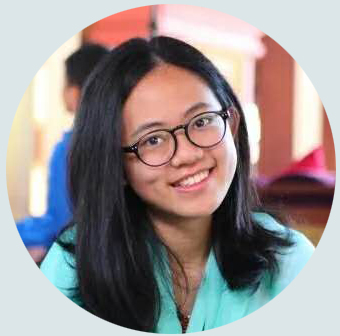
Olina
Expected major: Computer Science
Admitted to: Vanderbilt University, United States
Olina, who joined Pao School in Year 9, discovered right off the bat that the school was unique. When she attended the Pao Exploration Day, she was immediately struck by the shared friendliness of Pao School students, who all had distinct academic and co-curricular interests. She was impressed with the wide range of academic areas – sports, art, music, science – that the students excelled in, something made possible by the Pao School curriculum and its philosophy of giving equal weight to learning in and outside the classroom. She also admired the students' sense of purpose, giving her a strong determination to join the School and become part of this exceptional group. This determination gave her tunnel vision – before the entrance exam, she insisted to her father, "This is the only school I will consider. If I do not get in, I will not transfer anywhere else." Fortunately, she succeeded and transferred into Pao School in Year 9.
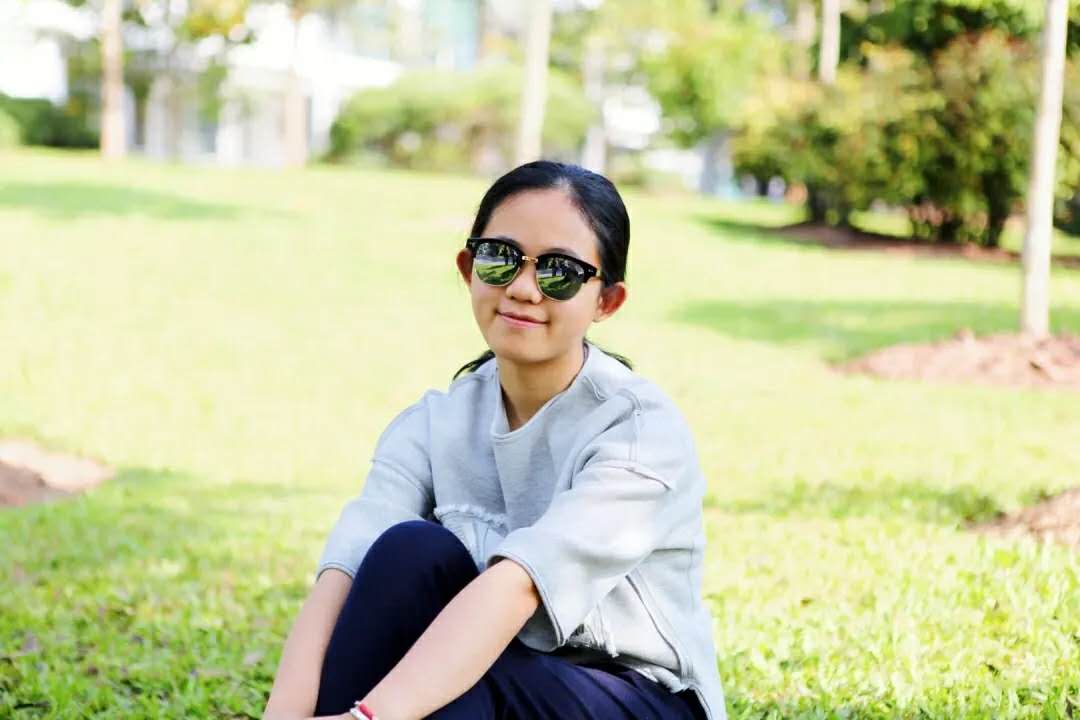
Since coming to Pao School, Olina has tested out many of the school’s co-curricular activities and discovered more about her own interests. Even though she has chosen to study Computer Science at university, her interests span across many fields – for example, as a musician she enjoys composing music and was part of a band as a lead singer. She has also tried her hand at various sports, including tennis, cycling, swimming and taekwondo. Olina has also been taken part in many STEM-related activities, such as FTC robotics, maths and computer science.
After trying different clubs, Olina finally found her true love. When she first joined Pao School, Olina joined the Pao Innovative Engineering Society, which ignited a new passion for computer science. As part of the club, she learned many basic computer science skills, such as learned welding, construction, and Python programming. She even made small Arduino robots! The society gave Olina the chance to learn from her senior classmates.
Olina has chosen the IGSCE computer science course in middle school. Computer Science helps learners develop an interest in computing and gain confidence in computational thinking. Learners following Computer Science syllabus develop their understanding of the main principles of problem-solving using computers. They can apply their understanding to develop computer-based solutions to problems using algorithms and a high-level programming language. Learners also develop a range of technical skills, as well as being able to effectively test and evaluate computing solutions. This course is considered a traditional science course, and there are just five female students in a class of 20. Olina is thrilled with the variety of different projects and the breadth of programming learning in the classroom.
In order to help more girls familiarize themselves with computer science, she even founded her own club. The club, Computer Science for Girls, currently has about 10 members and, as president, Olina teaches its members about key computer science principles. The group then puts their knowledge into practice by running various computer science projects in the local community. As the founder of this club and its president, Olina has been able to develop and refine her leadership abilities, as well as put her strong planning and implementation skills into practice.
With the chance to learn so much about computer science from IGCSE courses and CCA, which in turn allowed her to start carrying out her own independent research, Olina then used her co-curricular classes and personal time to lead two fellow students in developing a series of artificial intelligence programs. These programs are designed to identify schizophrenia in mental health patients, with impressively high accuracy – 95% – in the program’s diagnoses. Throughout the process, she was able to find many enthusiastic volunteers to help design the supporting device. In the future, Olina plans to develop a more comprehensive analysis system to help those suffering from mental illnesses.
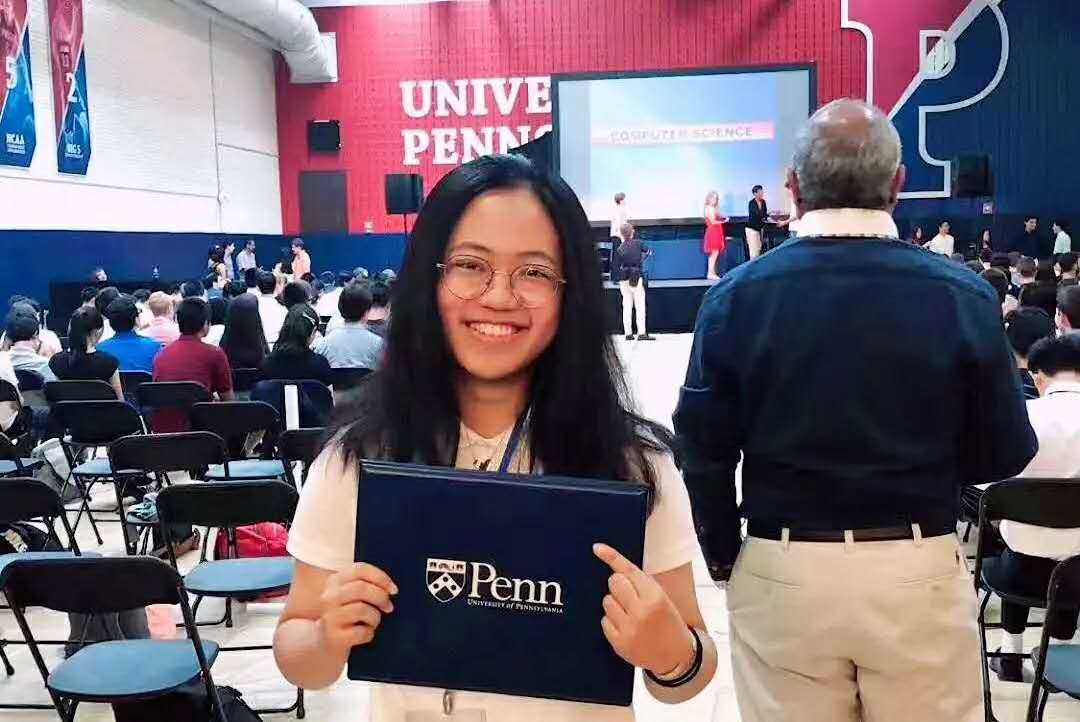
Olina has used her time at YK Pao school to not only cultivate her personal interests, but to also learn how to handle failures and setbacks. She has realized, with some help from her classmates and teachers, that everyone faces challenges sometimes. Even though aiming for 100% is admirable, sometimes circumstances make it impossible to reach our goals. Rather than dwelling on perfection, it is more important to learn from what went wrong and to focus on continually improving ourselves. After all, sometimes mistakes can result in the most important lessons in life.
Olina is appreciative of the support and guidance her teachers have given her. In her view, Pao teachers treat their students very well, creating a friendly, upbeat and effective learning environment. One of her favourite instructors is Teacher Yang from IB Mathematics.
"Teacher Yang is a real pro," Olina says. "She explains mathematics in a very methodical way and always responds to my questions about the subject matter carefully."
Olina is a child who is willing to share and communicate. She is thoughtful and inquisitive. She is proactive and exceeds expectations for assignments every time. I am also impressed by how she insists on using her personal time to hone her computer programming skills.
—— Teacher Yang,
Head Mathematics Teacher
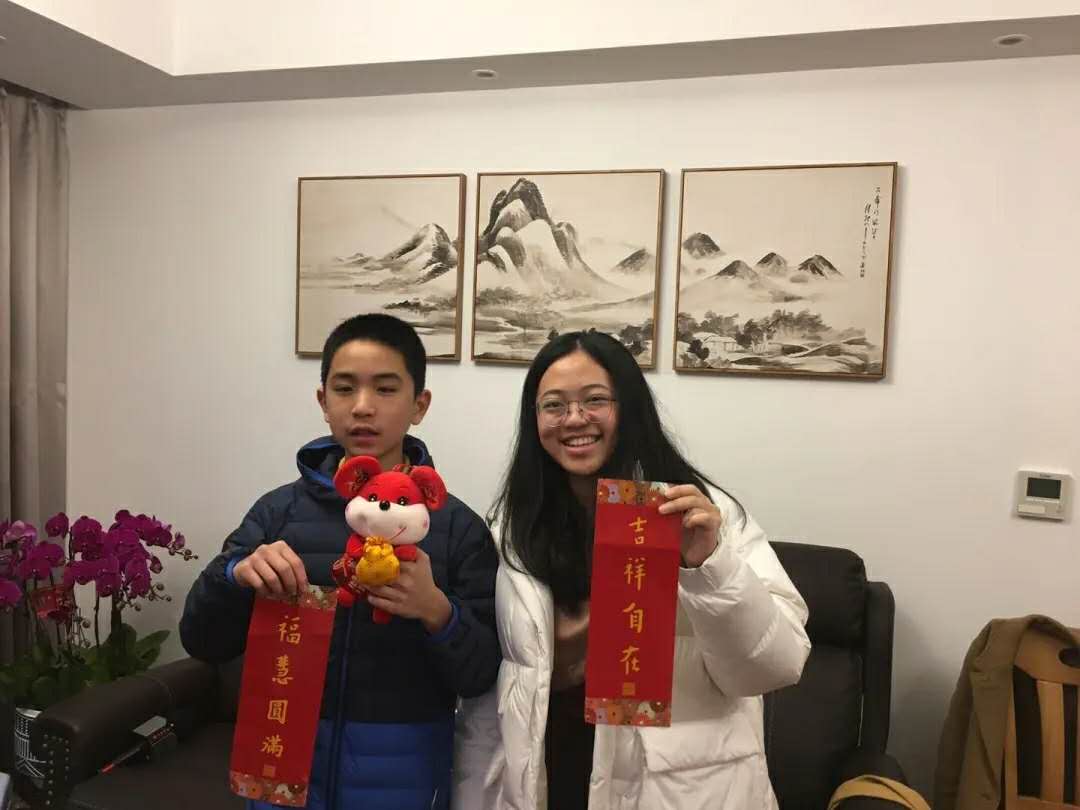
As I see it, those with inquisitive and deep-thinking minds, like Pao School students, will become the leaders of tomorrow.
—— Olina
An outstanding young scholar of philosophy and economics
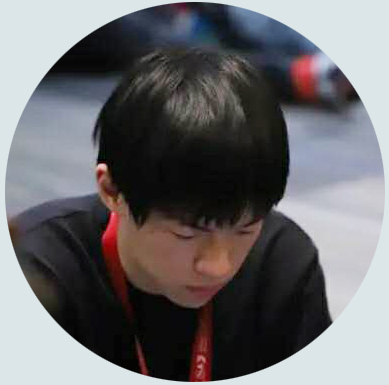
Leon
University of Chicago
Major undecided, is considering economics and philosophy
Leon joined YK Pao School in Year 6. Leon's parents had several reasons for sending him to study at Pao School. Not only did they agree with Pao School's educational philosophy, but they also liked many aspects of boarding life at the school, which they felt coincided with their own parenting values. For instance, boarding life at Pao School includes an hour of daily exercise and an hour of nightly reading time.
"In many years of schooling, it is hard for children to remember everything they learn in books. It is more important to develop the right habits that will serve them well in later life," his parents say.
Leon has also benefited from his positive home environment, an ability to look after himself and an optimistic personality. There has not been too much separation anxiety for Leon and his parents during his years boarding at Pao School.
"If the parents seem anxious, then it will rub off on the child as the child can perceive it," Leon’s mother says. "But if the parents show that they care about the child in a calmer manner, the child can sense that too, and will feel more secure."
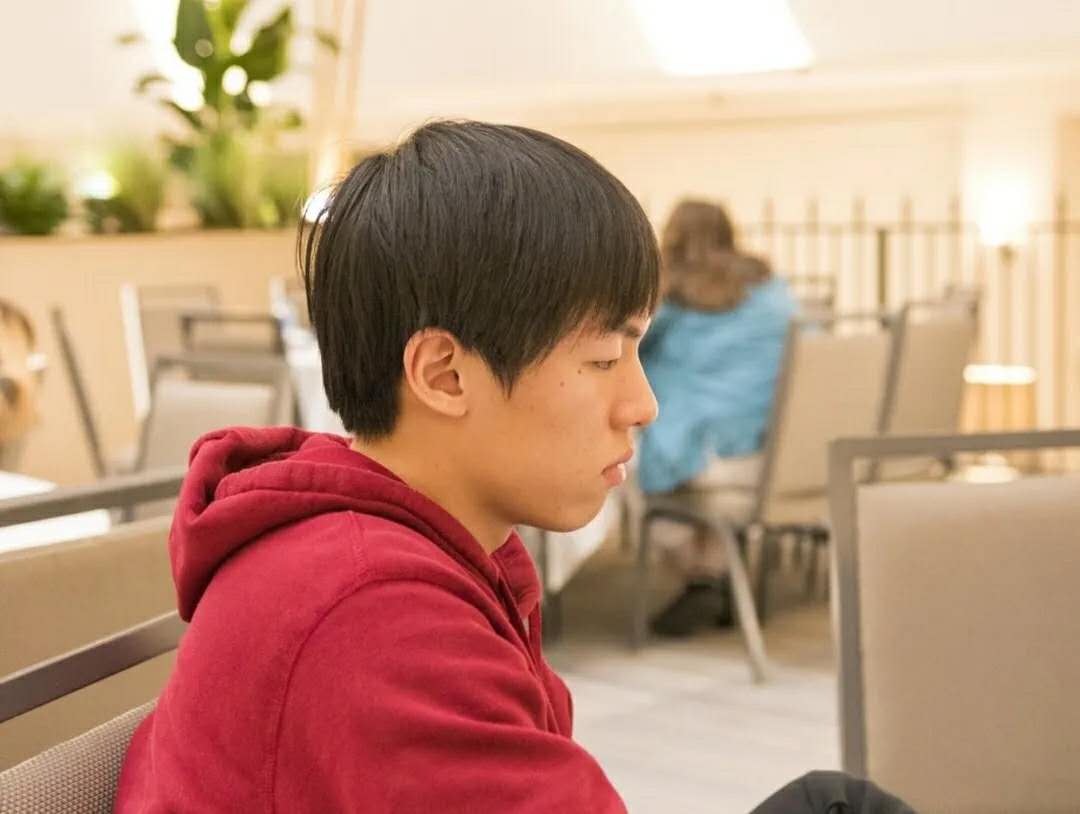
Leon's life changed significantly after becoming a boarder at Pao School. It has been a time of change for the whole family. When Leon first joined Pao School, he had a minor falling out with two students in his dorm. Concerned about the situation, his parents arranged for a meeting with Leon's then-tutor, Ms. Jennifer Tang. Sensing Leon's frustration, Ms. Tang suggested Leon not simply think about this interpersonal communication problem in terms of who was right and wrong, but rather if both parties had responsibility for it.
"As a teacher, especially a tutor, we hope to see things from the perspective of students and provide them with emotional and psychological support," Ms. Tang says. When helping students work out their differences, I will share with them several ground rules of conflict resolution, such do not put labels on others - this can lead to artificial communication barriers. It's also important to encourage direct contact between the parties, ideally face-to-face communication. It's normal that we cannot all be friends, but we still need to cooperate based on mutual respect."
Maybe it was that this conversation with Ms. Tang inspired him, or perhaps it was that he gained some wisdom with experience, but Leon learned to get along better with this classmates. Not only has he made more friends, but he has become more tolerant and open-minded.
Leon's parents were very impressed by the conversation Ms. Tang had with Leon. To be sure, they found her approach to be novel in the best way, and it reinforced their belief they had the right choice. At the same time, it gave them a new way to look at their own relationship with their child. Speaking frankly, Leon's mother said that his years at Pao School have been important for the transitional process that has occurred in Leon's life, as he has progressed from childhood to adolescence. Along this road, she and Leon have clashed. There have been tense moments. Sometimes she has even felt depressed about the situation.
Later, she gradually realized that she could make changes to herself that could reduce tension in their relationship.
The family once travelled together to Chongming Island to participate in a 200 km cycling competition. At the end of the race, Leon's parents noticed that he was exhausted and had reached the limits of his physical endurance. Leon's mother asked if he had thought of giving up halfway through the race. Leon responded that “I don’t want to disappoint you." Leon's mother said: "This sentence made me suddenly realize that parents' expectations for their child may inadvertently become a heavy burden on the child." Leon's mother actually hoped that Leon would make his own decisions based on what was best for him, not for his parents or anyone else.
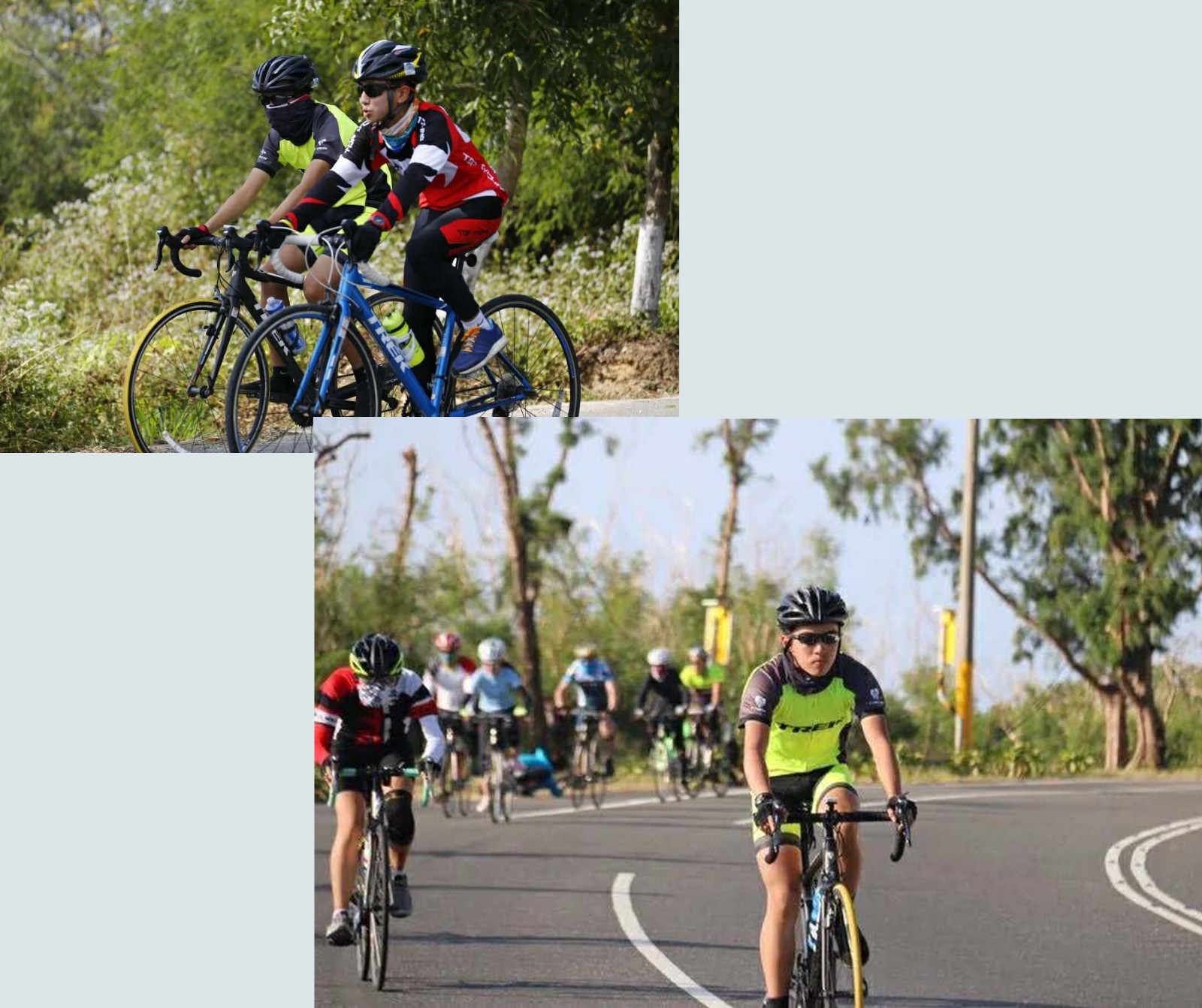
With regards to his future studies, Leon decided in Year 9 that he would pursue a philosophy major in college. In making this decision, Leon was partially influenced by his father, an avid reader of philosophy books in his spare time. Noting his father's keen interest in philosophy, Leon also began to read up on the subject and developed an interest in it.
After settling on his course of studies, Leon chose history (high level)and economics (high level)for IB courses and also selected philosophy-related topics in Extended Essay to "prove" his ability to manage tough academic challenges in the humanities.
IB Economics is a challenging course that aims to give students a foundation in key economics principles. At the same time, the course encourages students to develop a holistic and critical understanding of how economics helps us understand real-world issues with the help of theories, models, and case studies. Course content includes microeconomics, macroeconomics and global economics. The advanced course has a quantitative component which is assessed with a written final exam.
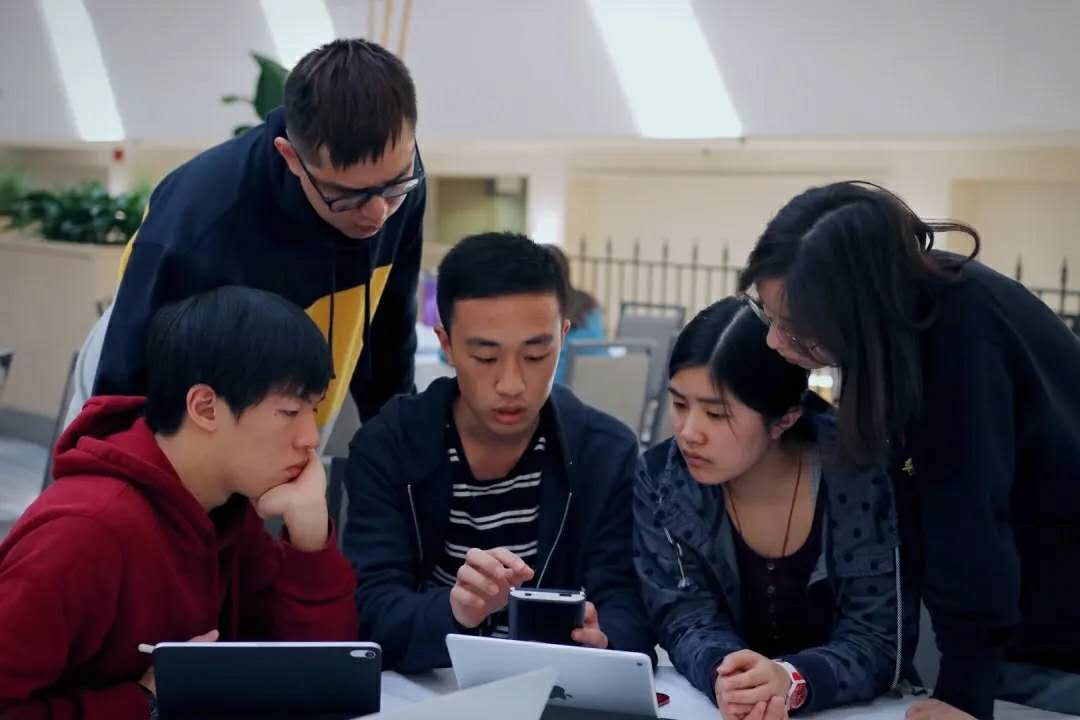
Leon participated in the USAD competition
The overall academic level of Pao School students in IB Economics is exceptional as supported by the growing proportion of students who not only enrol in the course but with the increasing numbers who take it at a higher level and achieve the highest level of attainment with the increasing number of 7s.
—— Christopher Warren,
IB Economics teacher
Mr. Warren says, “ As a young economist, Leon is an incisive thinker who has a deep-rooted passion and superior understanding of economic theory and concepts beyond the scope of any high school economics course. His strength and ability to provide both compelling and balanced arguments when making policy recommendations or evaluating the consequences of chosen strategies on an economy place him in the top 5% in the class of this exceptional group of graduates and most likely the best group of IB Economics students to come through the school.”
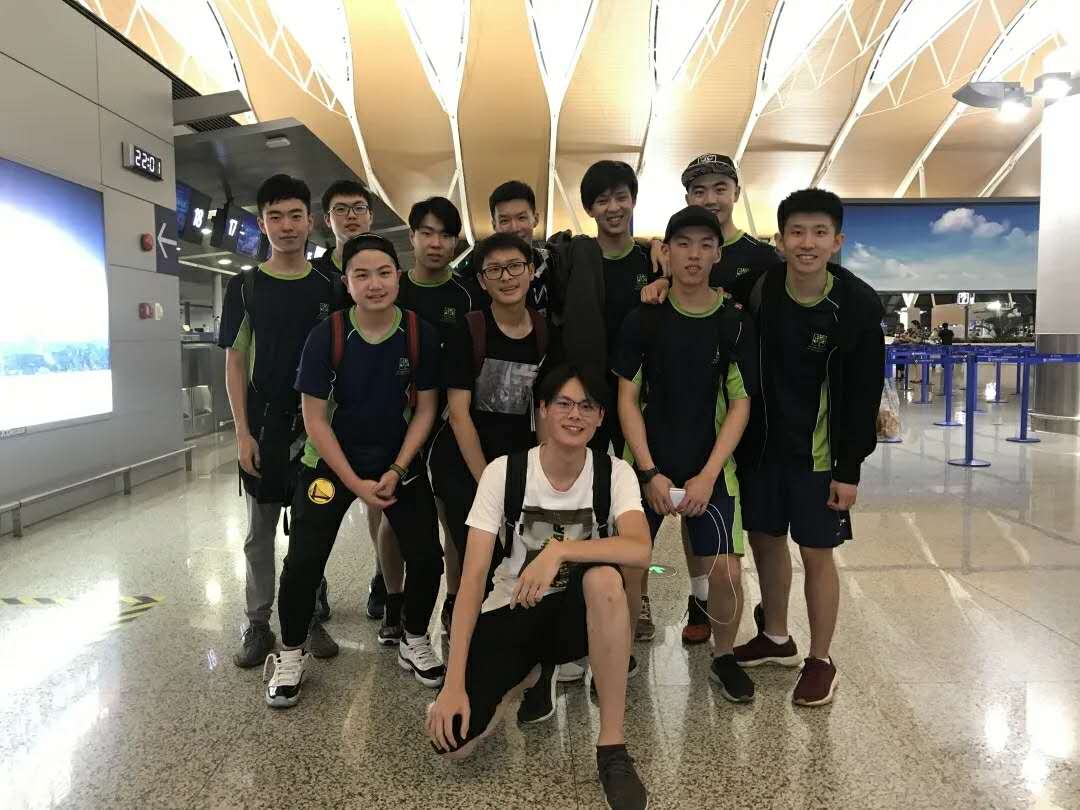
Leon went to Austria for a volleyball match
After figuring out how he wanted to structure his Extended Essay (EE) thesis, Leon asked for some support from Pao School. Since he was doing a thesis focused on philosophy, it made sense for someone with expertise in that discipline to help out. Since at the time Pao School did not have a teacher specializing in philosophy, Leon sought the help of Steven Spence, who was in charge of coordinating all students' EE. Steven knew that High School Principal Mark Bishop studied PPE (Politics, Philosophy, Economics) at Oxford University, and asked him if he would be a student thesis instructor. Mark Bishop readily agreed.
Mark Bishop has given Leon a lot of useful assistance throughout his work on his thesis, including support selecting the topic in the first semester of Year 11 and beginning work on the thesis the following semester, and the completion of the dissertation in Year 12. Initially, Leon only determined the dissertation's general direction, which would be a study of existentialism, so Mark Bishop encouraged him to research some related works to become more familiar with the subject matter. After a period of research, Leon concluded that he would focus the extent to which is Camus’ notion of “rebellion” is a more compelling solution to confront ‘The Absurd’ than Nagel’s “irony.
Later, Mark Bishop gave some very helpful suggestions on how to structure the thesis, conduct related research, as well as present and analyze ideas.
With that in mind, Leon said: "IB requires the EE instructor to have at least three formal meetings, but in addition to this I will also directly contact Mr Bishop to discuss the issue. The school has really provided me with a lot of outstanding support, and I am very grateful for that."
Through his own research on universities and majors, Leon finally determined that the University of Chicago, which focuses on general education and is also a good place to study philosophy, is the best fit for him. In terms of further studies and life planning, Leon's parents respect his choice. They also offer their own perspectives on the matter.
His mother says, "You are still young and have your whole life ahead of you, so don't worry. At the undergraduate level, you can study both arts and sciences and lay a solid foundation for your future studies. That way, however your interests develop in the future, you will have plenty of options."
Leon's mother says that she and Leon's father considered whether to allow Leon to continue his studies at Pao School or to a different high school overseas which could potentially offer certain benefits when it came time to apply to college.
After considering the pros and cons of each choice, they concluded that Leon should stay at Pao School. "Even if Leon doesn't get accepted to his first choice among schools at the undergraduate level, it's not the end of the world. He still would have a chance to continue his studies elsewhere at the graduate level. He's still so young and his whole life ahead of him," they said.
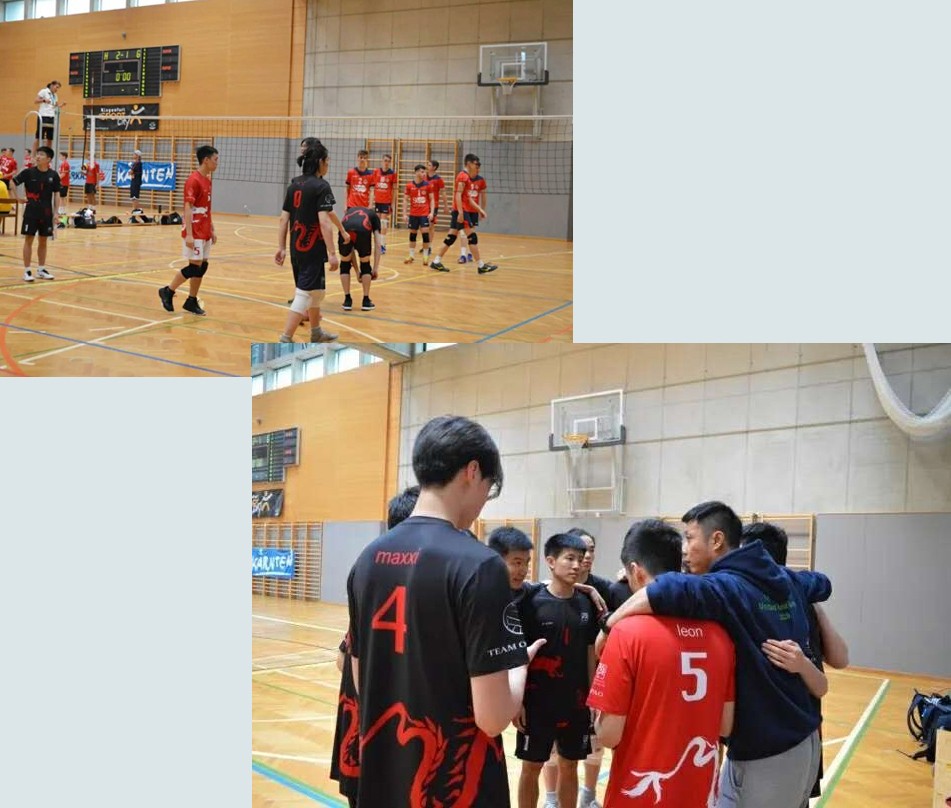
Outside of the classroom, Leon has many interests. He likes sports, including volleyball, cycling and outdoor survival activities. He also likes graphic design and is involved in the production of the annual yearbook. In his personal statement on his college application, Leon drew upon his years of outdoor riding experience with the Run-A-Way Club, and combined with some points from Albert Camus' The Myth of Sisyphus to illustrate his interpretation of philosophical thinking:
We returned to our bikes and slowly rode to the top of the mountain. My friend’s words made me realize that even if we ultimately returned to the starting point, the experience I gained from such a journey, the time I spent with my friends, and the process of reaching the peak are worthwhile on their own.